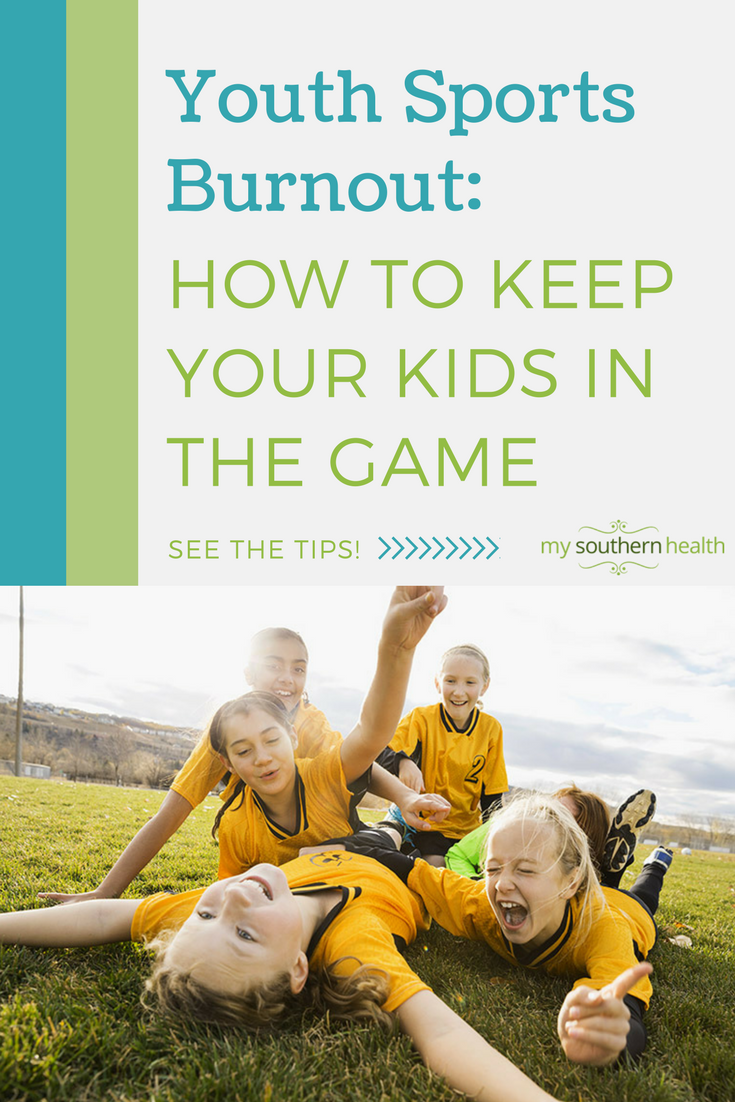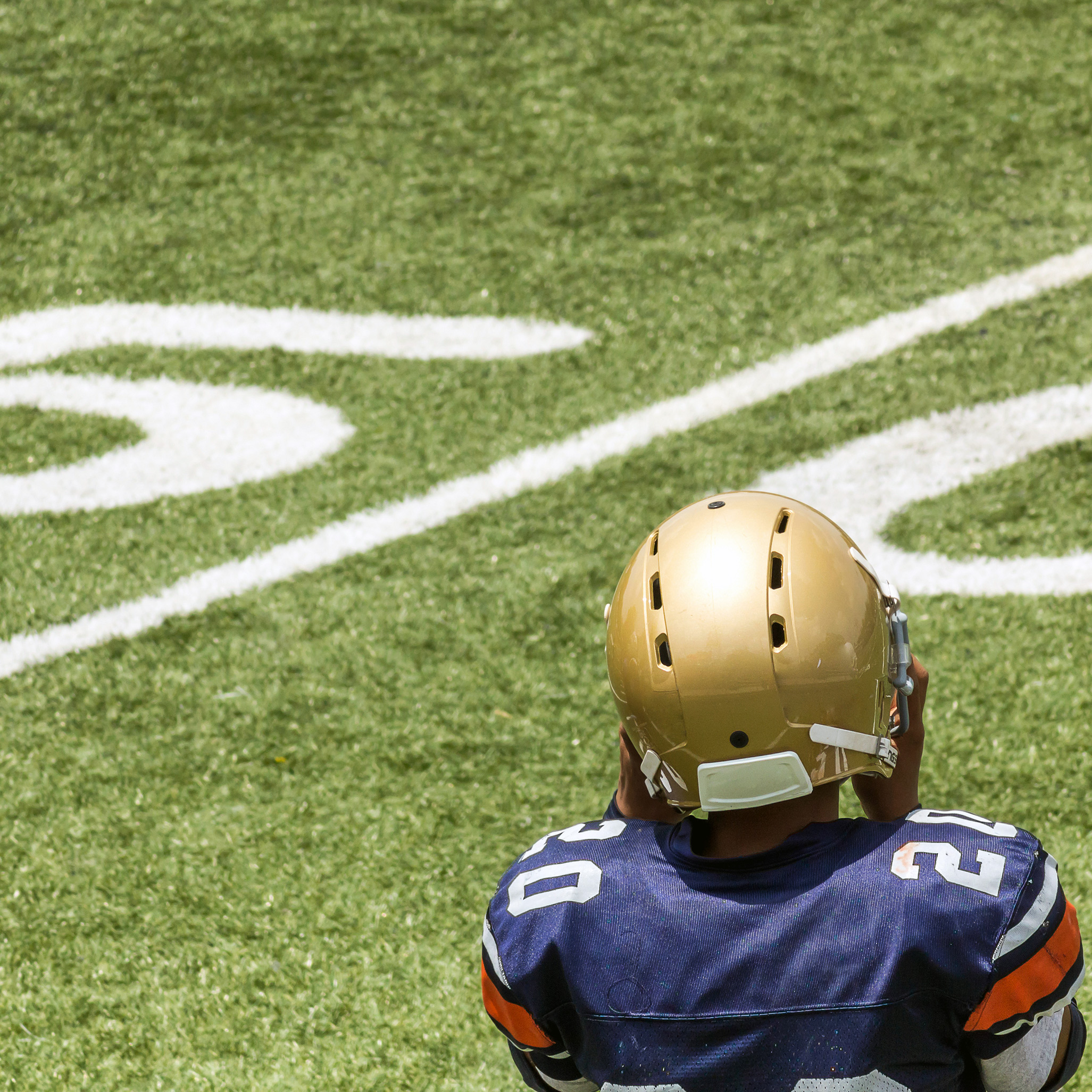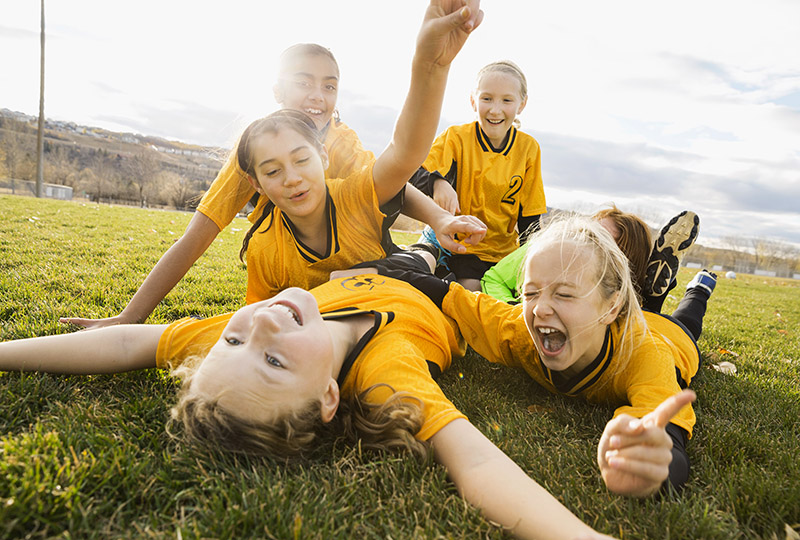Sports can decrease childhood obesity and build teamwork, but overdoing it can lead to burnout in youth athletes.
Growing up, I dreamed of becoming a professional basketball player and a pediatrician. One of those came true; one didn’t. I absolutely love my job and feel blessed to do what I do. I consider it a privilege to practice medicine and an extreme honor to be able to care for others, but there are times I still think “what if?” I mention that because I want everyone to know, particularly our kids, that it’s OK to dream, but have a back-up dream.
Sports are an amazing gift offering a range of benefits to those who participate. In addition to the physical gains, many of my closest friends and mentors are people I have met over the years through my involvement with athletics. I do not believe I would be where I am today without the skills and traits I learned and developed by playing sports.
In short, sports are a positive for kids because participation:
- Enhances social skills and connections;
- Builds confidence, self-esteem, joy;
- Decreases obesity and increases health and fitness levels;
- Builds teamwork, sense of fair play and leadership;
- Provides valuable life lessons and healthy competition;
- Begins physical activity habits that will follow a child into adulthood.
As much as my parents supported my passion for hoops, they also stressed community service and an appreciation for the arts. But the books always came first. The key is balance. Along those lines, a potential consequence in the spectrum of overuse injuries and a result of overtraining that often goes overlooked is the concept of burnout.
About 70 percent of children participating in sports will drop out by the age of 13 because of burnout, a physical, emotional and mental exhaustion toward life and sports. Clearly, burnout in youth sports happens at a high rate, and all those youth athletes will miss out on the many benefits that sports can provide.
The main reason cited by kids for quitting is a loss of enjoyment due to parental and coaching pressure as well as unrealistic expectations from adults.
The focus of playing sports should not be on earning a scholarship or a professional contract (an NCAA study in 2011 demonstrated that less than half of one percent of high school athletes would end up going pro).
No one should ever discourage a child’s dream, but sometimes we, as adults, need to re-focus on that back-up dream.
Recommendations to avoid burnout:
- Focus on wellness. This may include taking time off from specific training and competition, decreasing levels of mental and physical stress, and allowing for recovery.
- Keep sports fun, safe and enjoyable.
- Conduct age appropriate games/training, Basically, allow kids to be kids.
This post was written by Alex B. Diamond, D.O., M.P.H., F.A.A.P., director of the Vanderbilt Program for Injury Prevention in Youth Sports. He is also a team physician for Vanderbilt University, the Nashville Predators and the Nashville Sounds. Find him on Twitter: @DrDiamondSports.


The Sports Medicine Clinic at Vanderbilt Health One Hundred Oaks provides care for active teens and young adults, or those who wish to become active. They promote fitness, encourage injury prevention and maximize function.

